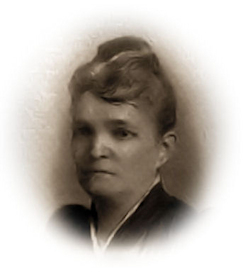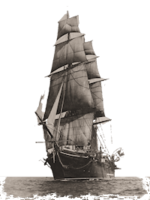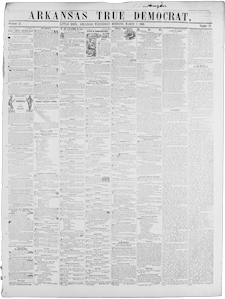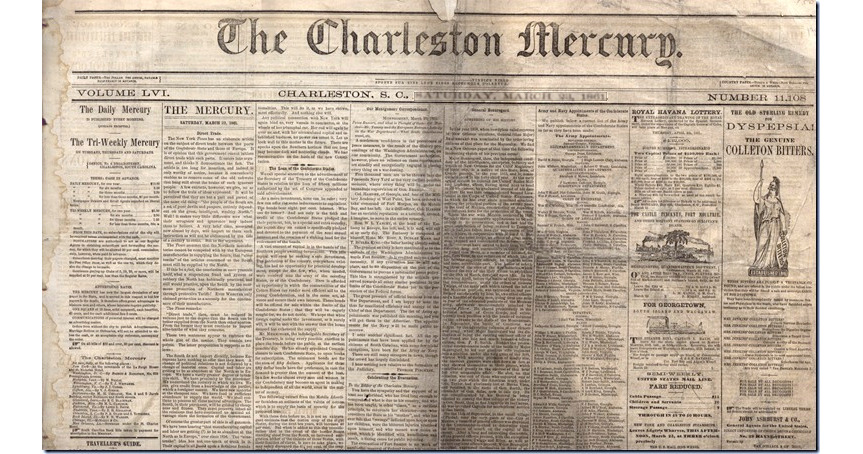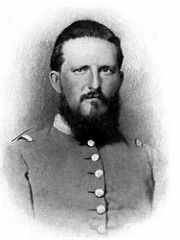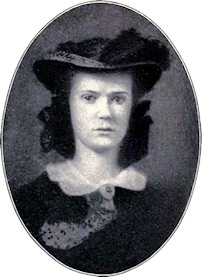April 28th, 1863.—What shall we eat? what shall we drink? and wherewithal shall we be clothed? We have no prophet of the Lord at whose prayer the meal and oil will not waste. As to wardrobe, I have learned to darn like an artist. Making shoes is now another accomplishment. Mine were in tatters. H. came across a moth-eaten pair that he bought me, giving ten dollars, I think, and they fell into rags when I tried to wear them; but the soles were good, and that has helped me to shoes. A pair of old coat-sleeves–nothing is thrown away now–was in my trunk. I cut an exact pattern from my old shoes, laid it on the sleeves, and cut out thus good uppers and sewed them carefully; then soaked the soles and sewed the cloth to them. I am so proud of these home-made shoes that I think I’ll put them in a glass case when the war is over, as an heirloom. H. says he has come to have an abiding faith that everything he needs to wear will come out of that trunk while the war lasts. It is like a fairy-casket. I have but a dozen pins remaining, I gave so many away. Every time these are used they are straightened and kept from rust. All these curious labors are performed while the shells are leisurely screaming through the air; but as long as we are out of range we don’t worry. For many nights we have had but little sleep because the Federal gun-boats have been running past the batteries. The uproar when this is happening is phenomenal. The first night the thundering artillery burst the bars of sleep, we thought it an attack by the river. To get into garments and rush upstairs was the work of a moment. From the upper gallery we have a fine view of the river, and soon a red glare lit up the scene and showed a small boat towing two large barges, gliding by. The Confederates had set fire to a house near the bank. Another night, eight boats ran by, throwing a shower of shot, and two burning houses made the river clear as day. One of the batteries has a remarkable gun they call “Whistling Dick,” because of the screeching, whistling sound it gives, and certainly it does sound like a tortured thing. Added to all this is the indescribable Confederate yell, which is a soul-harrowing sound to hear. I have gained respect for the mechanism of the human ear, which stands it all without injury. The streets are seldom quiet at night; even the dragging about of cannon makes a din in these echoing gullies. The other night we were on the gallery till the last of the eight boats got by. Next day a friend said to H., “It was a wonder you didn’t have your heads taken off last night. I passed and saw them stretched over the gallery, and grape-shot were whizzing up the street just on a level with you.” The double roar of batteries and boats was so great, we never noticed the whizzing. Yesterday the Cincinnati attempted to go by in daylight, but was disabled and sunk. It was a pitiful sight; we could not see the finale, though we saw her rendered helpless.
Note: To protect Mrs. Miller’s job as a teacher in post-civil war New Orleans, her diary was published anonymously, edited by G. W. Cable, names were changed and initials were generally used instead of full names—and even the initials differed from the real person’s initials. (Read Dora Richards Miller’s biographical sketch.)
